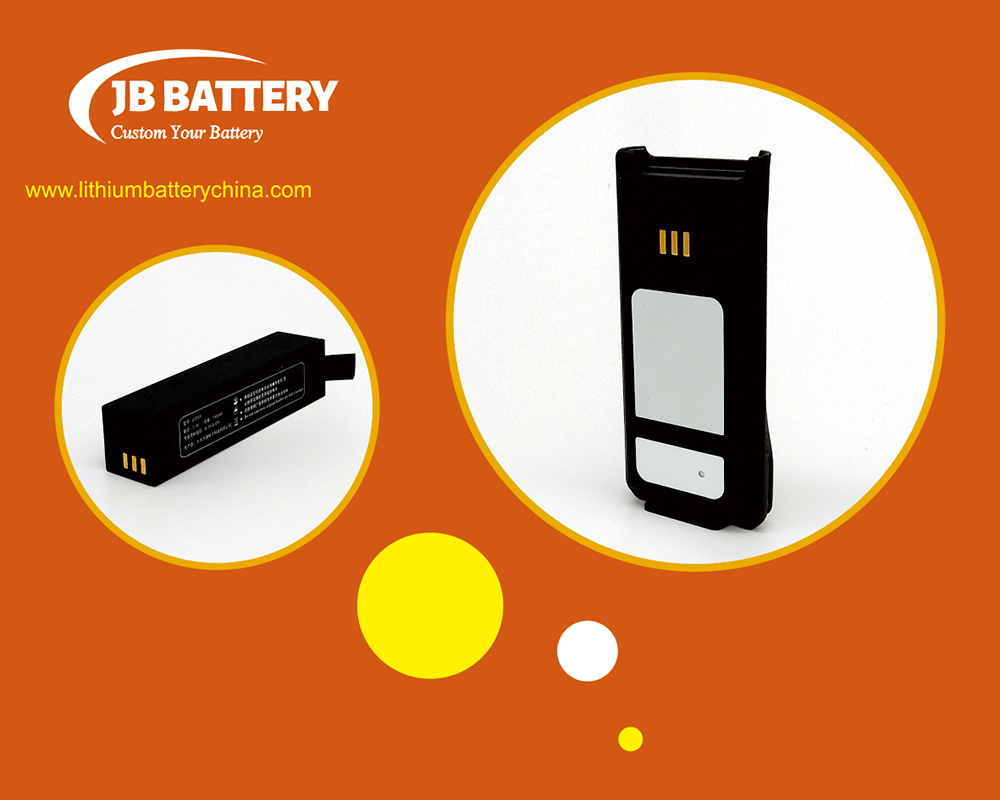How Lithium Ion Batteries Packs Can Benefit from A Battery Management System
How Lithium Ion Batteries Packs Can Benefit from A Battery Management System
The China custom made lithium ion battery pack manufacturer, JB Battery, integrates Battery Management Systems (BMS) into all of their power units.
The primary functions include protecting and monitoring the battery during use and hence a BMS becomes central to its operation. Given the performance data collected by the BMS, these control circuits have, to a great extent, helped raise operational efficiency and prevent battery associated hazards.
In this article, you can learn everything you need to know about Battery Management Systems (BMS) – what they are, how they work and the benefits.
What does a Battery Management System do?

Custom Lithium Ion Battery Pack 28
Typically, a battery management system is structured like an electronic circuit made up of different functional blocks.
It keeps a record of various parameters such as the battery type, the charge and load, state of charge, temperature, capacity, charging cycles etc.
❏ Protects your battery
Lithium-ion batteries are known for their high energy densities. However, they have also reported cases of bursting and explosions due to high voltages.
A battery management system monitors the battery continuously, in real time. It maintains the voltage at an optimum level, keeping it from getting completely discharged or overcharged.
It monitors every cell in the battery pack keeping tabs on the current going in and as well as the amount transferred to the motor or machine it needs to power.
❏ Cell balancing
For multi-cell batteries, a battery management system measures the voltage of each cell. In the event that one battery is charged more than the others, it distributes the excess energy across the other cells and equalises the charge.
The cell balancing function is important as weaker cells get weaker with every charge and discharge cycle, reducing battery life. A BMS boosts the weaker cells and prevents them from getting over stressed.
❏ State of Charge
The State of Charge (SOC) is a measure of the available capacity of a battery.
A BMS system provides an estimate of the amount of energy available in a battery by tracking cell voltages and the charge and discharge rates in the battery. Thus, a BMS can help tell exactly how long you would be able to use your battery before needing a recharge.
❏ Regulates Temperature
Lithium-ion batteries need to be maintained at the right temperatures for the sake of safety, efficiency and durability.
Extreme temperatures, either too hot or too cold, disturb the chemical reactions occurring within the battery. It damages the battery and affects its lifespan. Battery management systems ensure that they do not exceed the ideal operating temperatures. A fan tries to keep the batteries from heating up.
If the battery violates any of the limits, low or high, for the parameters listed, the BMS immediately switches to the protection mode disconnecting the battery or by sending out alarms.
In addition to the features mentioned above, the BMS is responsible for maintaining the overall health of your battery pack. This includes reporting errors, checking for faulty connections and wiring breakdowns.

Custom Lithium Ion Battery Pack 18
A battery with an integrated BMS helps fleet operators take data-driven decisions regarding battery operation, maintenance and replacement. JB Battery has a great lineup of lithium-ion batteries with BMS systems at affordable price points. Check out their battery models to check what works for your specific application.

